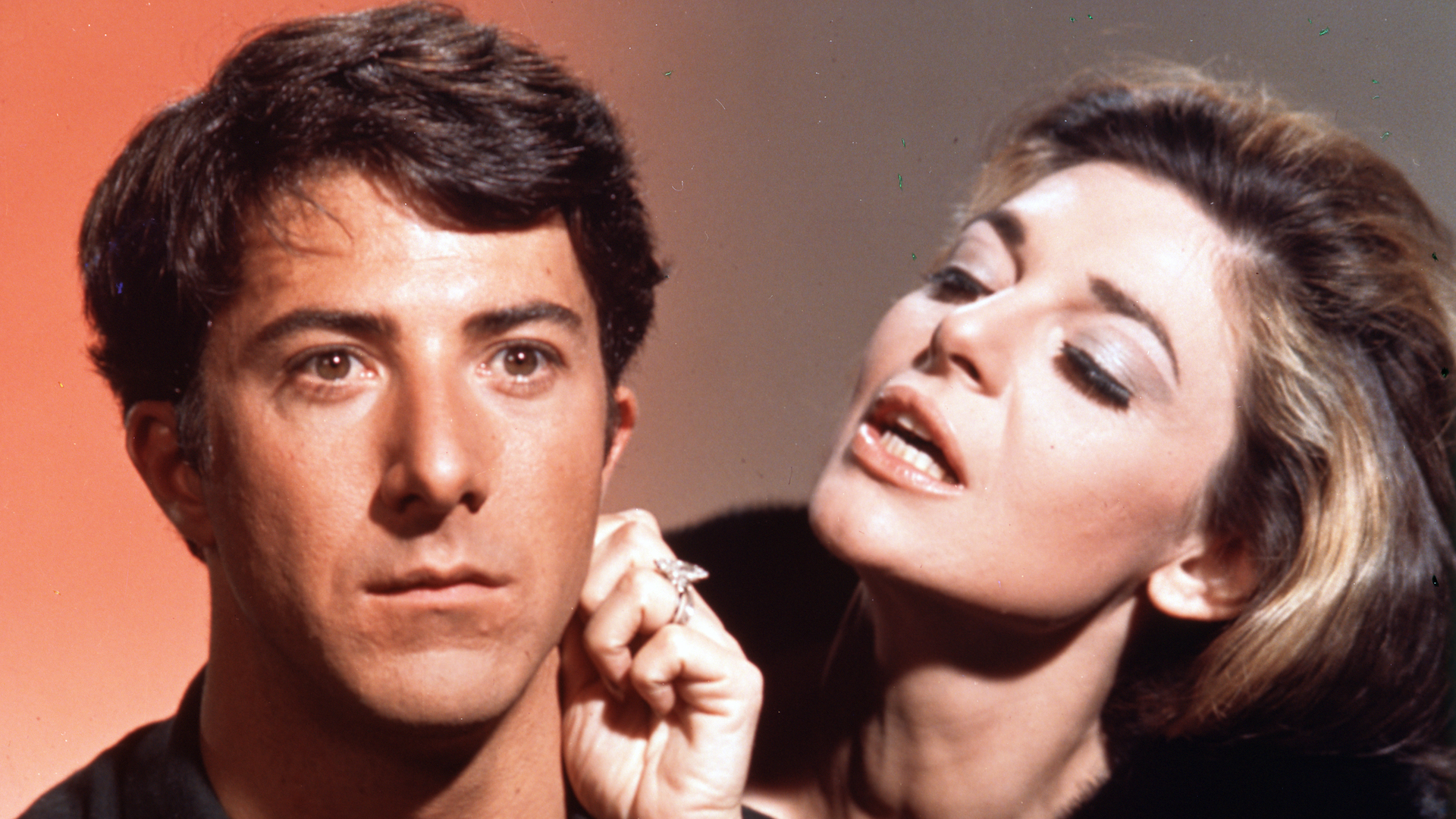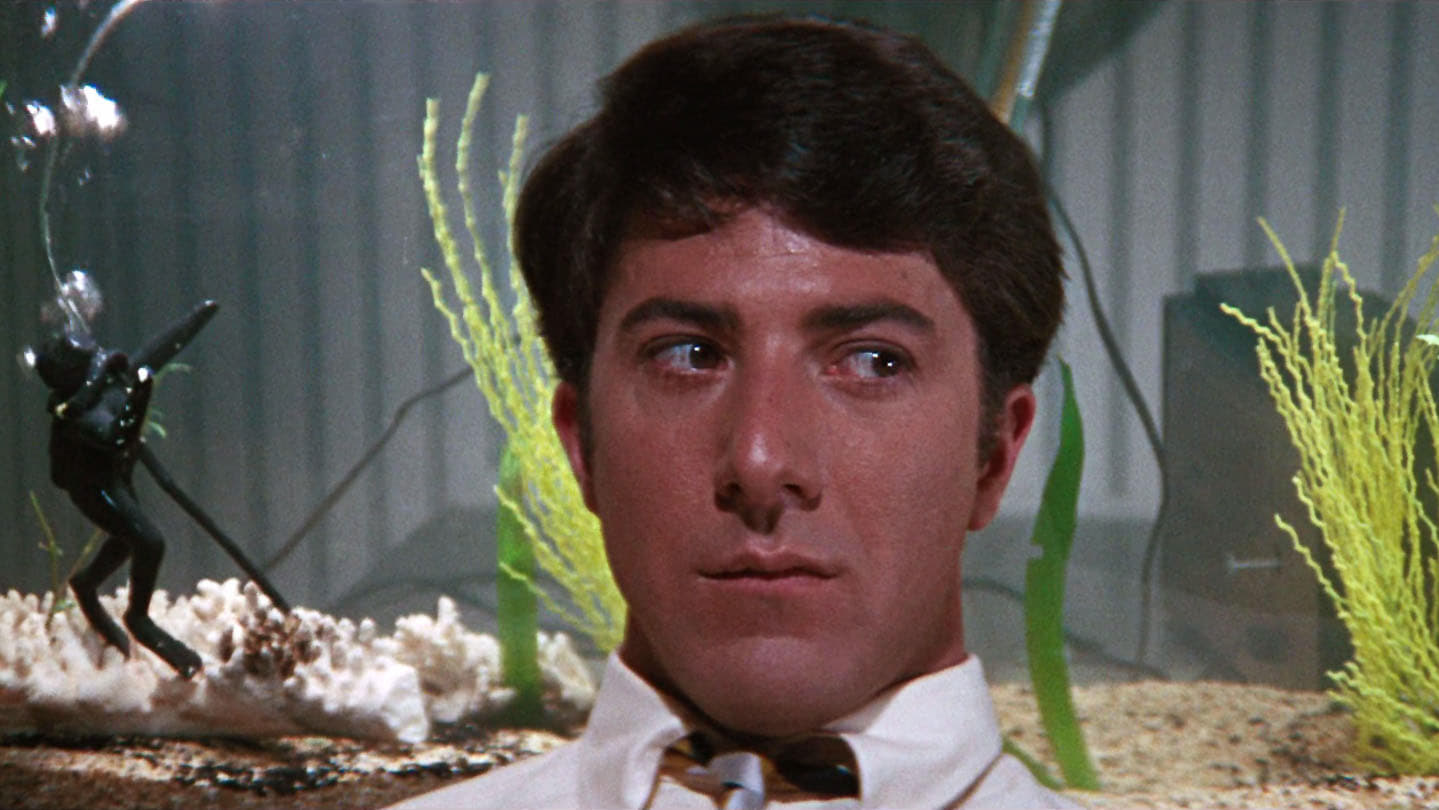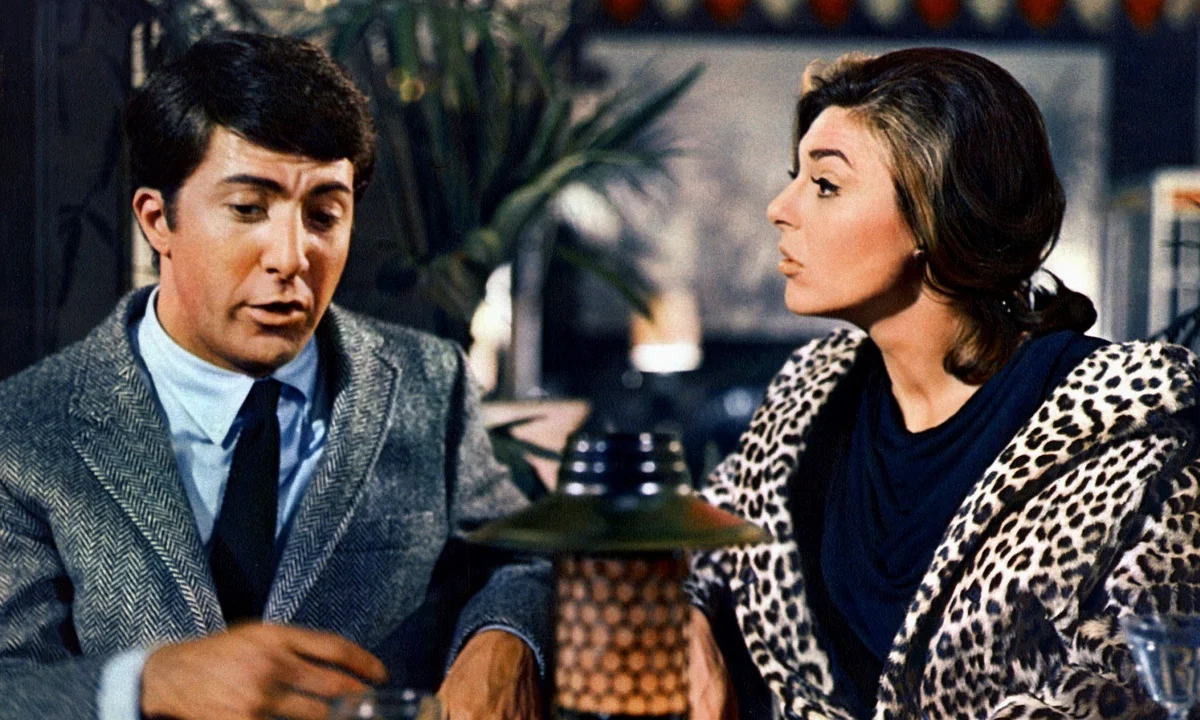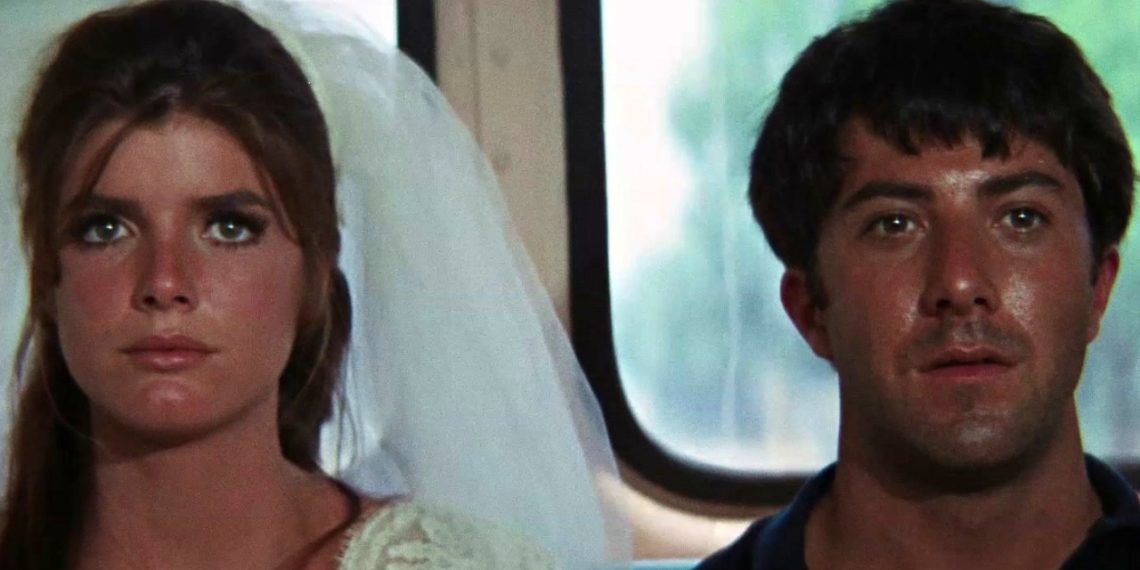The Graduate, a landmark coming-of-age film from 1967, portrays the life of Benjamin Braddock, a young man in the midst of a quarter-life crisis. The film humorously critiques suburban life while examining the struggles of young adulthood. Its ambiguous ending has left many wondering about the fate of its characters. The conclusion explores impulsive choices and their lasting effects, blending sweetness with underlying bitterness.
The Graduate Ending ExplainedAbout The Graduate
The Graduate follows Benjamin Braddock, played by Dustin Hoffman, an aimless young man who returns home after graduating from college. Just short of his 21st birthday, Benjamin seems lost, floating through life without direction. He begins an affair with Mrs. Robinson, a much older family friend, portrayed by Anne Bancroft. However, despite his indifference, Benjamin becomes entangled in an affair that complicates his already uncertain existence.

As Benjamin continues his aimless life, including his affair with Mrs. Robinson, he finds a real connection with her daughter, Elaine, played by Katharine Ross. This relationship further complicates matters, as Mrs. Robinson is desperate to keep the two apart, creating tension. Elaine, like Benjamin, is unsure about her future, which adds to the emotional turmoil of the situation.
The Ending of The Graduate
The film’s finale is perhaps one of its most famous aspects, thanks to its ambiguity. Benjamin’s romance with Elaine intensifies, despite opposition from both their families. Elaine is pressured into a brief engagement with a man she hardly knows, and Benjamin’s affair with Mrs. Robinson falls apart. Driven by desperation, Benjamin speeds off in his Alfa Romeo to interrupt Elaine’s wedding, which sets the stage for the film’s iconic final moments.
In a dramatic and emotional scene, Benjamin bursts into the church, physically fighting the groom and Elaine’s parents while holding a wooden cross. After disrupting the ceremony, he makes a dash for Elaine, and they escape the church together, running toward a bus waiting outside. This scene, often parodied in popular culture, can be viewed as an impulsive act of following one’s heart. It suggests that Benjamin is choosing to fight for love and freedom, saving Elaine from a life she doesn’t want.
However, the film’s ending takes a more melancholic turn as the camera lingers on the two characters. On the bus, the adrenaline of their escape fades, and their grins slowly disappear. The somber tune of Simon & Garfunkel’s “The Sound of Silence” begins to play, creating a stark contrast to the earlier romantic whirlwind. This subtle shift marks the beginning of a bittersweet realization.
What Does the Ending Mean?
The fading smiles on Benjamin and Elaine’s faces signify the uncertainty they now face after running away together. The moment is full of youthful defiance, but it leaves viewers wondering about their future. After making such a dramatic exit, neither of them can return to their previous lives easily. Benjamin has left his car behind, a symbol of his former life, and Elaine has dropped out of college to avoid an arranged marriage.

This sudden departure has left them without jobs, without family support, and without a clear path forward. Their impulsive actions have severed ties with their past, and they now face the consequences of their decisions. While the couple may have gained temporary freedom, the reality of their situation soon sets in. The final moments suggest that their escape is not as fulfilling as it initially seemed, making the once-romantic gesture appear much less idealistic.
The Graduate’s ending carries an underlying melancholy, as it highlights the consequences of impulsive decisions. Benjamin and Elaine’s actions aren’t just a rejection of societal norms but an escape from a system that had offered them privileges, albeit without personal fulfillment. Elaine, born out of wedlock, and Mrs. Robinson, trapped in an unhappy marriage, both find themselves repeating cycles of emotional turmoil. Elaine’s decision to elope with Benjamin, although not as dramatic as her mother’s, shares a similar sense of hastiness.
For Benjamin, the movie begins with a degree but no direction, and by the end, his support system has crumbled. In running away with Elaine, he has not only lost his family’s backing but has also abandoned any semblance of a clear future. Much like Elaine, Benjamin is now as uncertain about his life’s purpose as he was at the beginning of the story. His decision to go after her may have seemed like a brave, romantic act, but it ultimately adds to his confusion and disillusionment.
The Wedding Scene’s Cultural Impact
The wedding disruption trope, where someone bursts into a wedding ceremony to prevent it from happening, has become a staple in romantic comedies. Films such as Wedding Crashers and Four Weddings and a Funeral have continued to utilize this narrative device. In most cases, these stories focus on the romantic triumph of the disruptor getting the partner they desire, and the conclusion is often a “happily ever after.”

However, The Graduate stands out by taking a more reflective approach to this well-known trope. The film takes the time to show the consequences of this dramatic disruption. Unlike the typical romantic comedy, Benjamin and Elaine’s grand gesture doesn’t result in immediate happiness. The film doesn’t let the audience escape into a perfect resolution. Instead, it shows that love is not always enough to solve the complexities of life, nor does a dramatic escape always lead to happiness.
In the end, The Graduate offers a poignant commentary on youthful impulsivity and the harsh realities of adult life. While Benjamin’s dramatic actions may have seemed like the ultimate romantic gesture, the film’s conclusion suggests that there is no easy path to true fulfillment. The couple, having left behind the comforts of their privileged lives, now must confront the weight of their choices, and it remains unclear if their escape will lead to lasting happiness.
The Graduate’s ambiguous ending reflects the reality of life after big, impulsive decisions. The film critiques the idealization of romance and highlights the complexities of young adulthood. By the end, Benjamin and Elaine’s smiles fade as the camera lingers on them, suggesting that their decision to run away, while initially thrilling, may ultimately lead to more questions than answers. In the end, The Graduate reminds us that true happiness isn’t always found in spontaneous, romantic gestures, but in facing the consequences of our choices.




